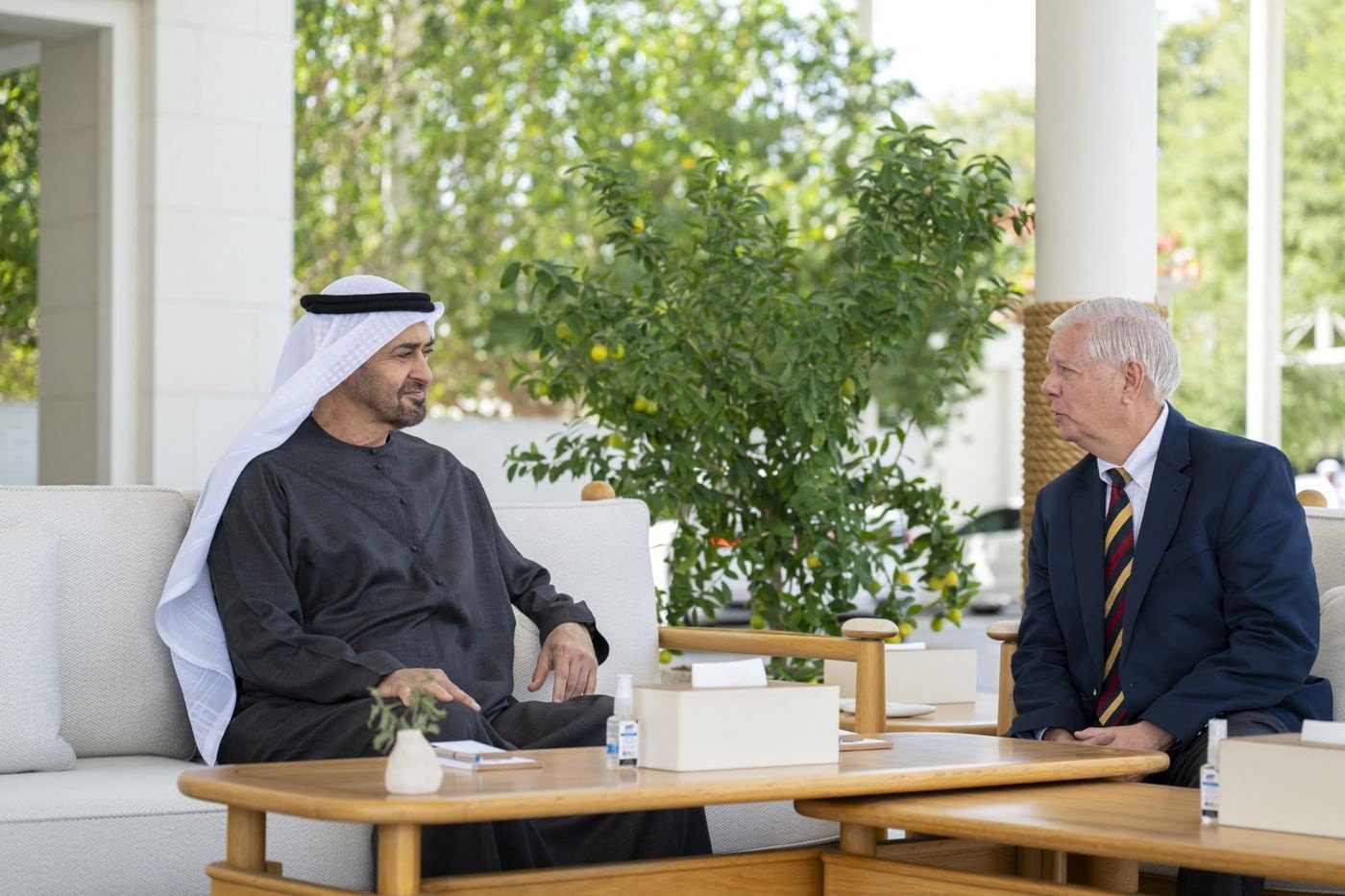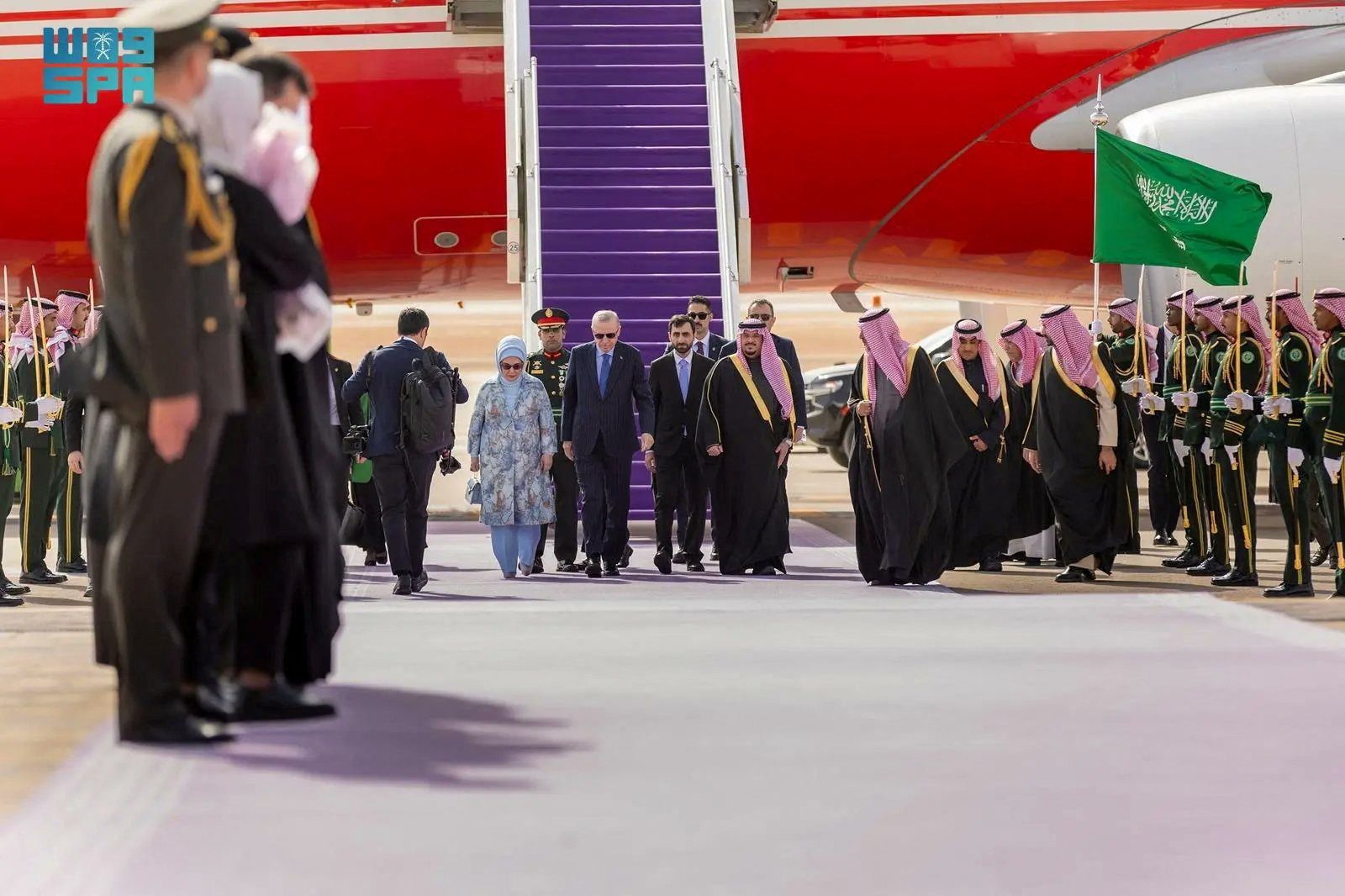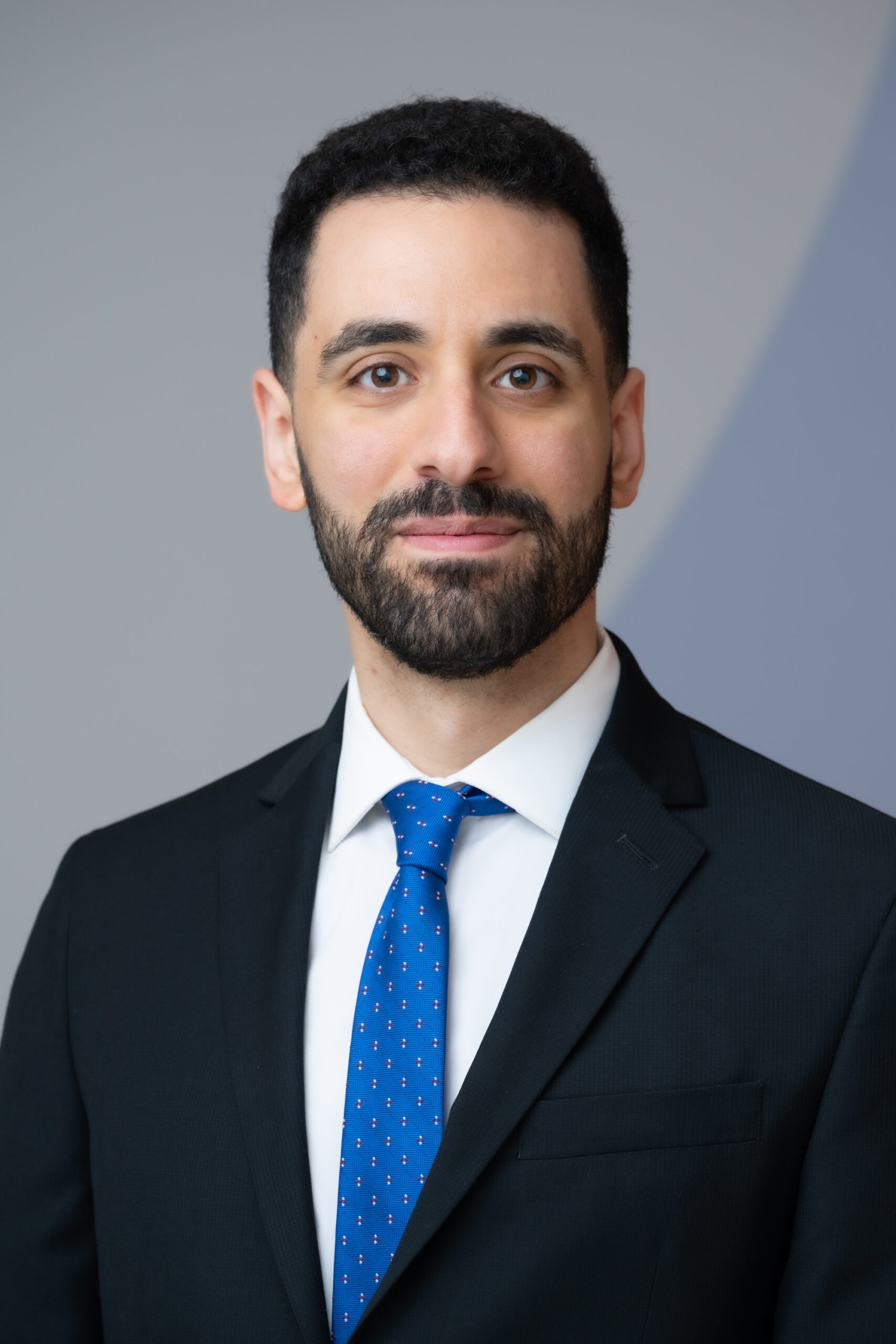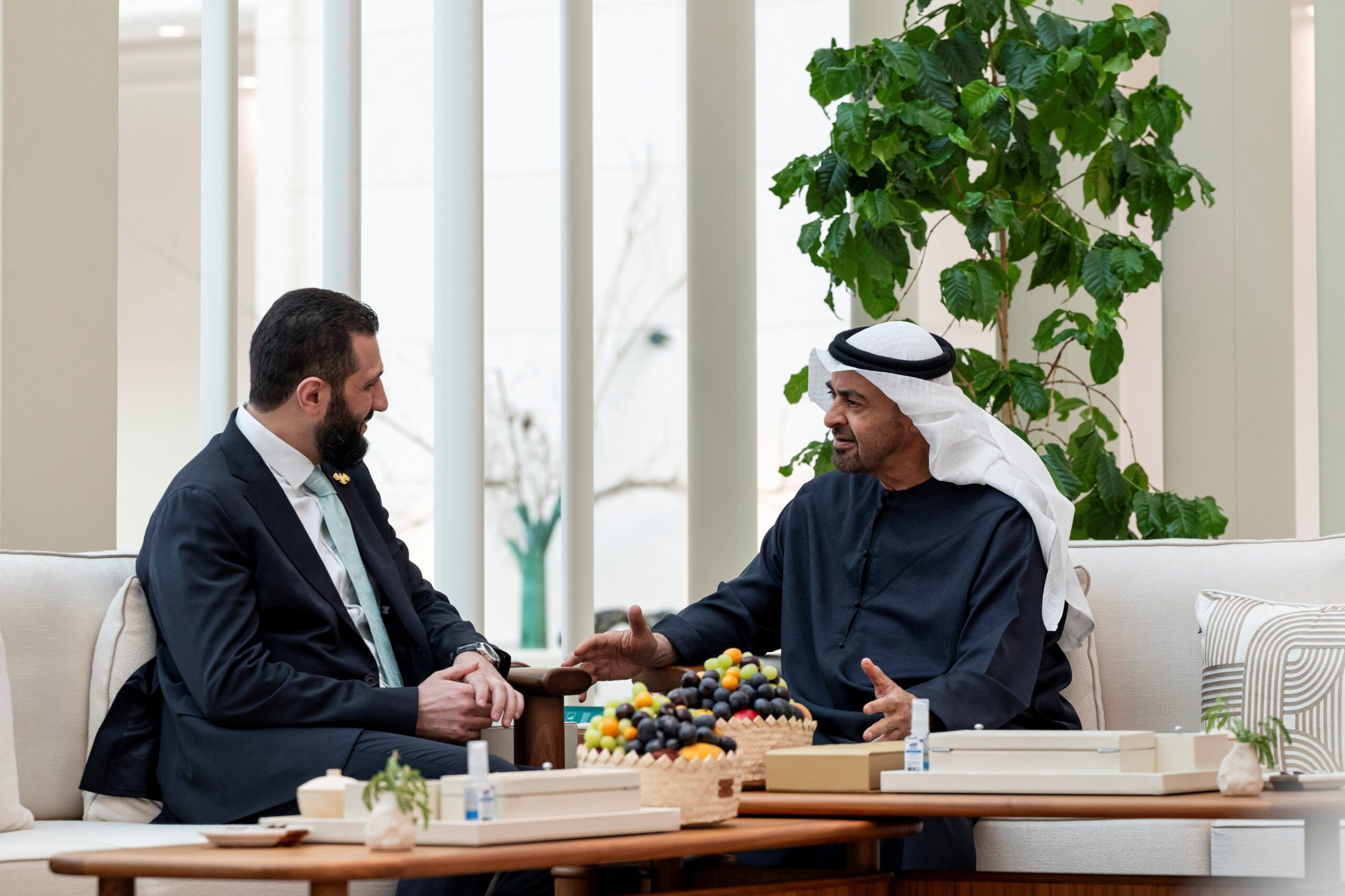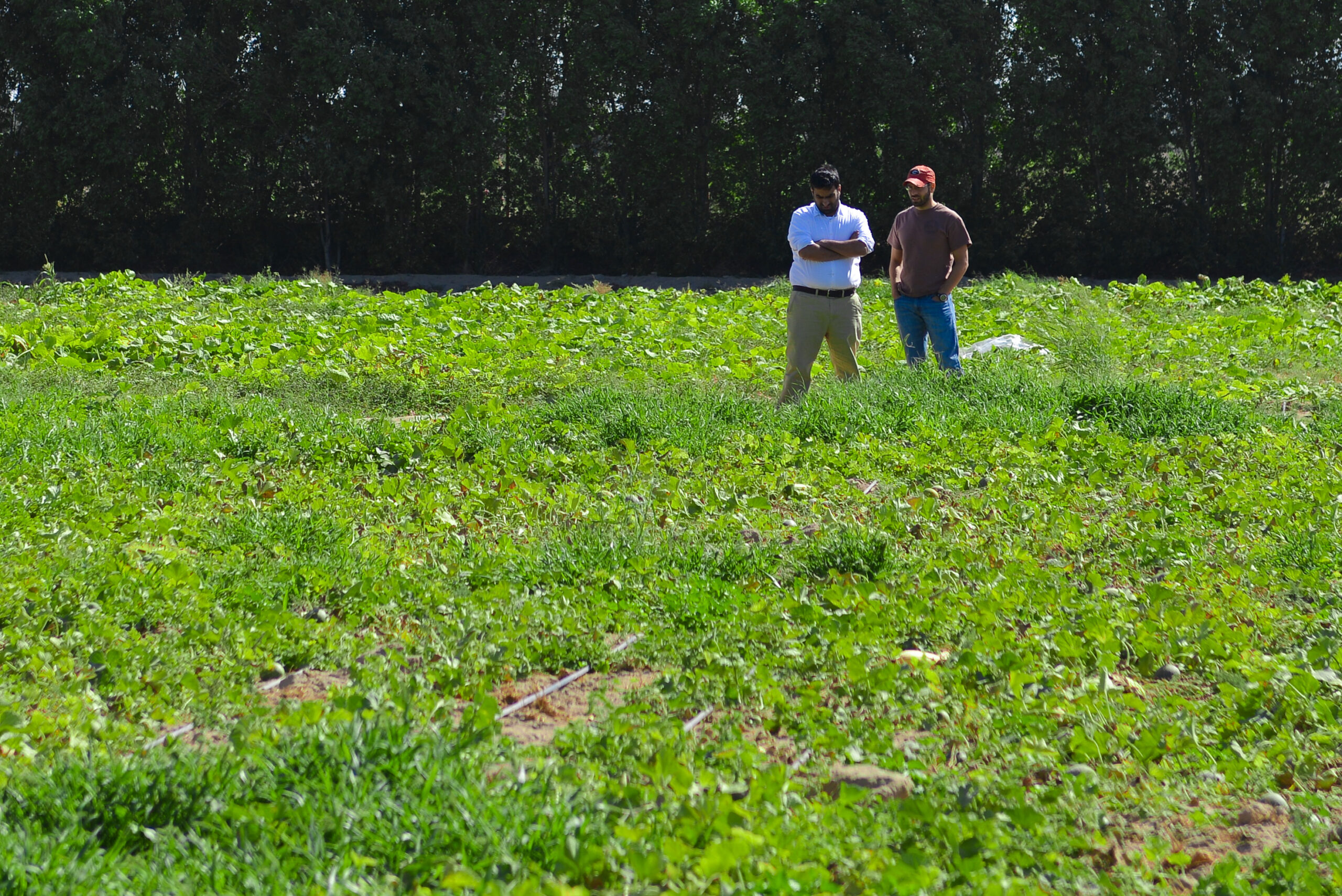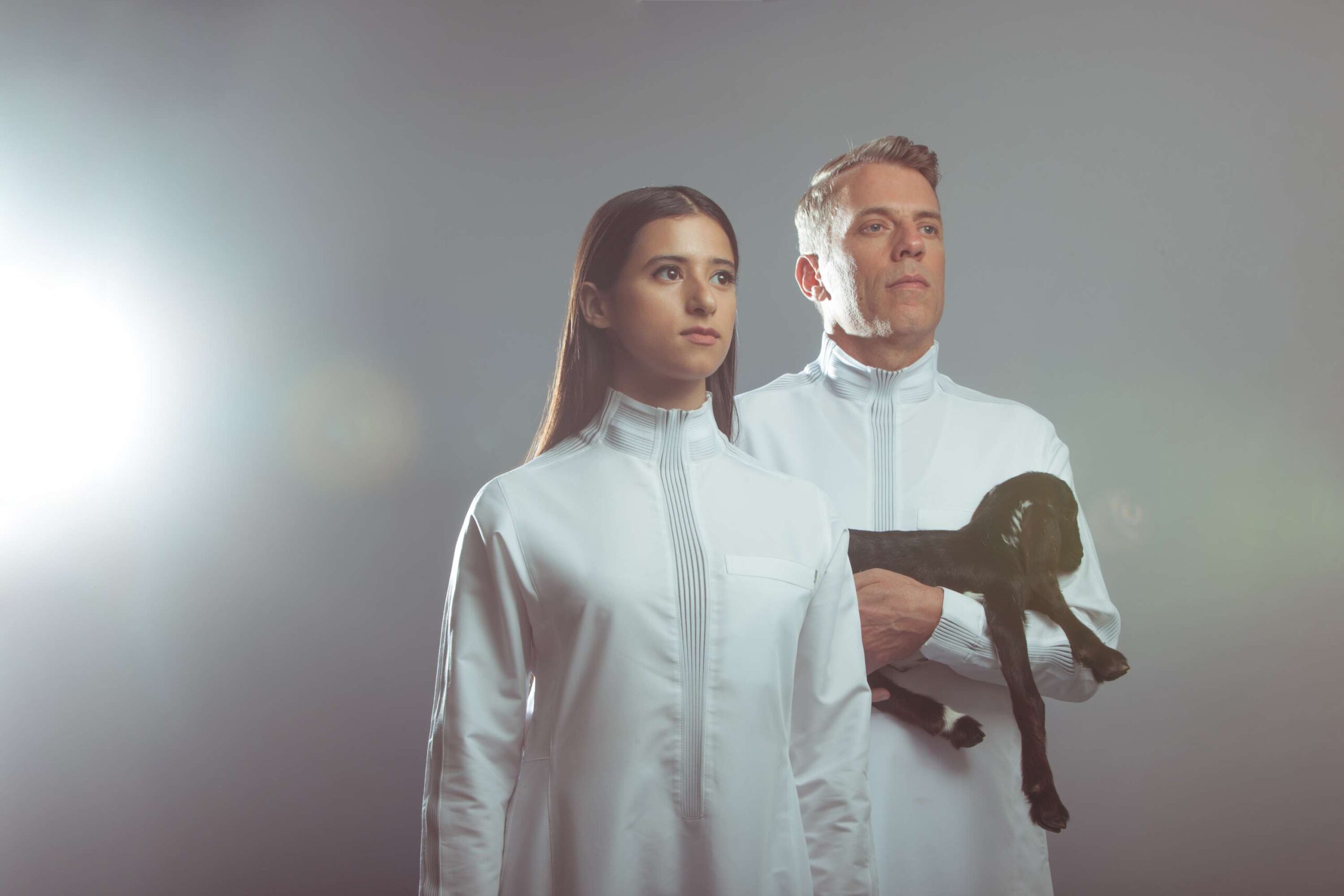Raqib50: Keeping Tabs on the Kuwaiti Parliament
Exceptional among Gulf states, Kuwait’s National Assembly has a powerful role in decision making. Yet some Kuwaitis find it difficult to monitor the activities of all 50 members of parliament. This is what compelled Abdullah Al-Khonaini and Hamad Al-Judai to establish Raqib50. The first online parliamentary watch tool in Kuwait, Raqib50 keeps track of not...

Exceptional among Gulf states, Kuwait’s National Assembly has a powerful role in decision making. Yet some Kuwaitis find it difficult to monitor the activities of all 50 members of parliament. This is what compelled Abdullah Al-Khonaini and Hamad Al-Judai to establish Raqib50. The first online parliamentary watch tool in Kuwait, Raqib50 keeps track of not only legislation submitted by MPs, but also their attendance history, voting track record, and motions to grill ministers. Raqib50 was created with the purpose of raising the bar on transparency and accountability between citizens and their elected MPs. This belief that Kuwaiti citizens have the “right to know” is what inspired Raqib50. Speaking with AGSIW, Raqib’s co-founder Abdullah discussed the initiative’s founding, response it garnered during the November 2016 elections, and future plans.
https://youtube.com/watch?v=FXLPyX1C6RU%3Fcc_load_policy%3D1
AGSIW: What is the story behind Raqib50?
Abdullah: The idea for Raqib50 started out of Sout Al Kuwait, which is a nonprofit organization that lobbies policymakers and promotes constitutional awareness through publications in media outlets, school visits, and online campaigns. During my work there on unconstitutional laws, I often engaged in debates with colleagues, and my conversations with Hamad Al-Judai in specific sparked this project. In 2011, we both noticed how traditional print publications could get somewhat boring to read. This is how we decided to create an online source that is easier to navigate through and more entertaining to viewers.
We started looking at similar initiatives in several African countries, the United Kingdom, and Sweden, to design a parliament website that is suitable for the Kuwaiti political system. The name came later in the planning process: Raqib, which means “watch” in Arabic. And because Kuwait’s National Assembly is made up of 50 MPs, we included 50 with the title. Our aim is to make politics more transparent, and that is why we want to make all 50 MPs’ activities accessible to everyone.
AGSIW: The Kuwaiti Parliament has an online database that is accessible to the public. What differentiates Raqib50 from the existing database?
Abdullah: Raqib50’s main goal is to attract a younger audience and people who aren’t that much into politics. Unlike the existing database, we feature data in a timely sequence, with a timeline that documents the most important events. We also have a page for each one of the 50 MPs that includes a percentage of their attendance in Parliament, their voting history, and proposals they submitted in committee sessions.
Kuwait’s Parliament database is linked to Raqib50’s website, and we always ask our viewers to refer to it for more detail. However, sometimes the database experiences technical difficulties. It has gone down in critical times, such as during the past election in November; the database was taken off the web three weeks before the election. Voters did not have access to a source other than Raqib50.
AGSIW: How do you ensure that Raqib50’s content is objective and unbiased toward a certain MP?
Abdullah: Our main concern when we started this project was the integrity of information. We only post information and data that we get directly from Parliament, the official Kuwait Gazette, and Kuwait News Agency. Raqib50 only shows data and percentages that are simply calculated without any opinion on whether a specific MP is performing overall well or not. It is up to the user to view data, analyze, and then make judgments about a specific MP.
AGSIW: What has the response been from Kuwaitis over social media?
Abdullah: In November 2016, precisely four weeks before the last election, we launched Raqib50’s desktop and mobile versions of the website. On social media, especially Twitter, some Kuwaitis started making reference to Raqib50 when debating candidates during election days. We recorded more than 25,000 clicks during these busy weeks. Our YouTube video, which included animation on how to navigate through Raqib50’s website, has over 60,000 views and is widely shared on social media.
AGSIW: Have any of the MPs reacted to the initiative?
Abdullah: When we first tested the website in 2015, we sent a letter to all the MPs inviting them to look at our website, use it, and give us their feedback. Only one replied at the time, and he had a couple of constructive comments on the overall content. But during the official launch in November 2016, several MPs reached out to us praising the website, and two of them made reference to Raqib50 in their campaigns.
The interesting thing happened after the election as some of the winning candidates started creating websites that are similar in content to Raqib50. Some started featuring proposals they came up with, their daily attendance, and a record of voting on legislation. I think this is a positive influence that we might have inspired. Making MPs more conscious of their work is something that we are very pleased to see.
AGSIW: What’s next for Raqib50?
Abdullah: A new segment will be added to the website, which is the government monitoring section. Similar to the MPs’ monitoring page, ministers will have a section that shows their voting, attendance in sessions, and project proposals. In addition, there will be a tracking feature of Cabinet change displaying if a minister is reshuffled, resigns, or is impeached.
As for our long-term goals, we plan to organize workshops for people who are interested in running as parliamentary candidates, assisting them in starting an online political campaign. Overall, we wish to create awareness videos about the functions of parliament, conscious voting, and the importance of political participation.
For more information on Raqib50 visit Raqib50.com, and follow the initiative on Twitter.
The views represented herein are the author's or speaker's own and do not necessarily reflect the views of AGSI, its staff, or its board of directors.


